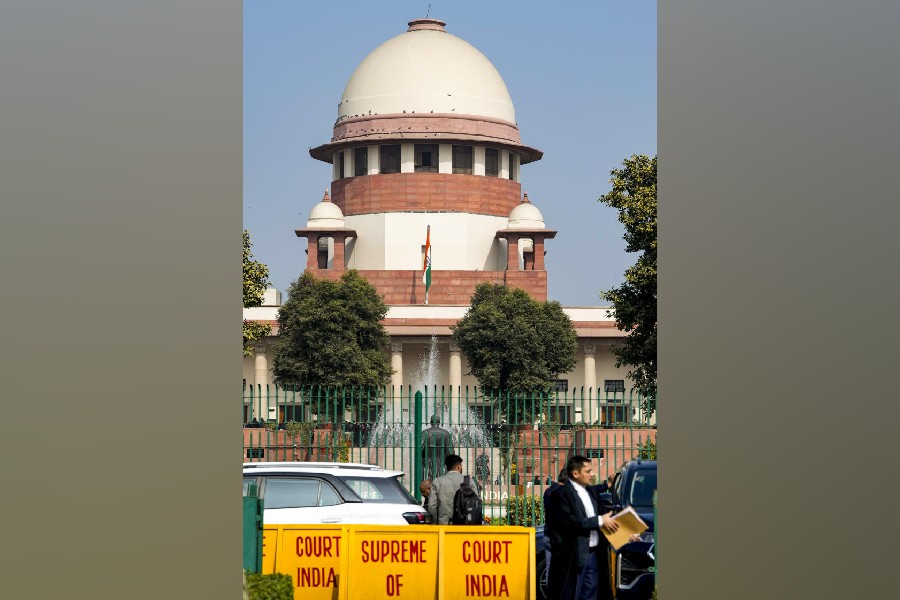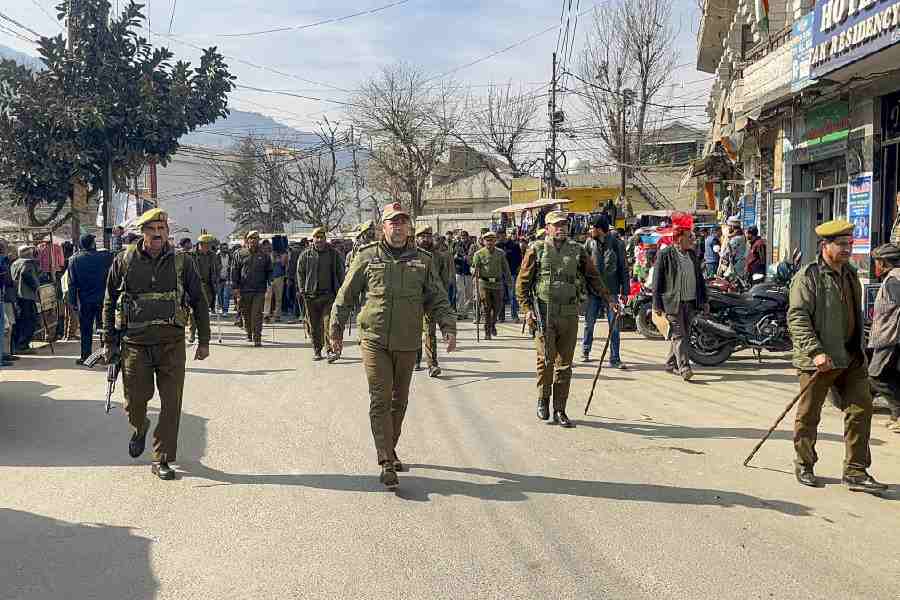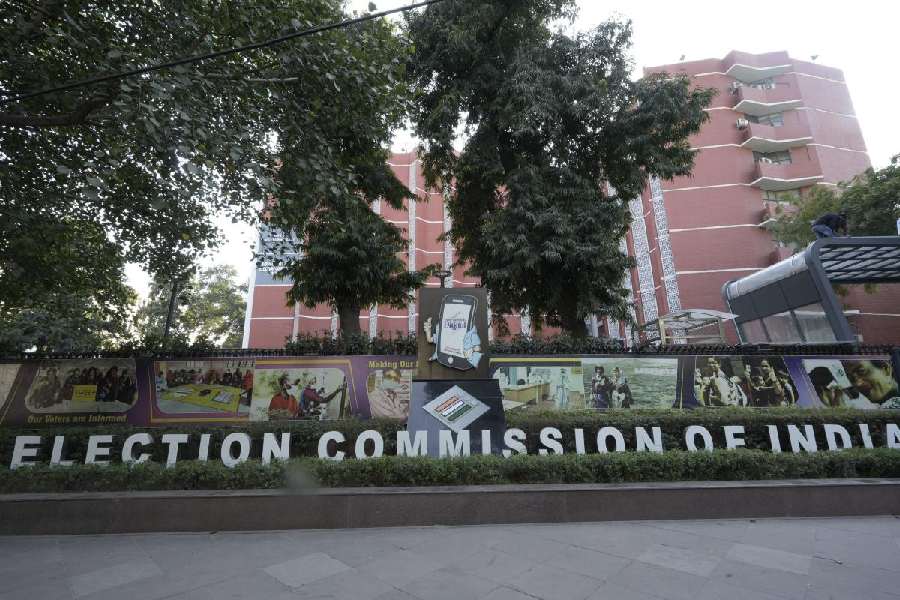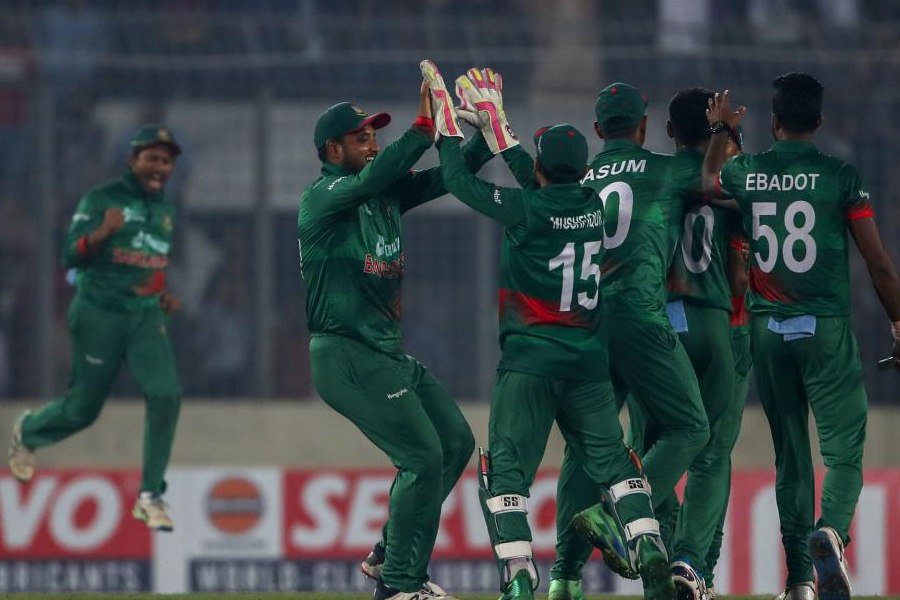Delhi High Court has dismissed a petition to quash a central government order permitting the interception of the telephone calls of a corruption suspect, which resulted in a CBI case against him, saying the law of the land weighs in favour of public interest over certain individual interests.
Justice Chandra Dhari Singh stated that the interception order was passed by the ministry of home affairs in the light of compelling reasons of public security that can involve putting reasonable restrictions on the exercise of fundamental rights.
The accused, who claimed that the interception violated his right to privacy, had prayed for a direction that the intercepted messages and calls be destroyed and not used for any purposes, including the trial against him, as they had been procured illegally.
The court said the order of interception, as well as interception, was carried out in a manner that was fair, reasonable, and in accordance with law and that the Telegraph Rules provide for “extreme secrecy, the utmost care and precaution in the matter of interception as it affects privacy”.
“The law of the land weighs in favour of public interest over certain individual interests. In the instant matter as well, the conflict of interest seems to be between the interest of the public and the individual before this court. However, the material on record as well as the precedents reflect the fact that the interception carried out by the respondent was in accordance with the provisions of Section 5(2) of the Indian Telegraph Act, 1885, and Rule 419-A of the Indian Telegraph Rules, 2007,” said the court in its order dated June 13.
The court observed that disclosure of elaborate reasons for such orders would be against the requirements of procedural fairness concerning the protection of the source of information leading to the detection of crime or other wrongdoing, sensitive intelligence information, and other information supplied in confidence for the purpose of the discharge of certain public functions.
The CBI had submitted that interception was valid, just, and fair in view of public interest and was done after it was revealed that the suspect was in conversation with certain persons over bribery.










